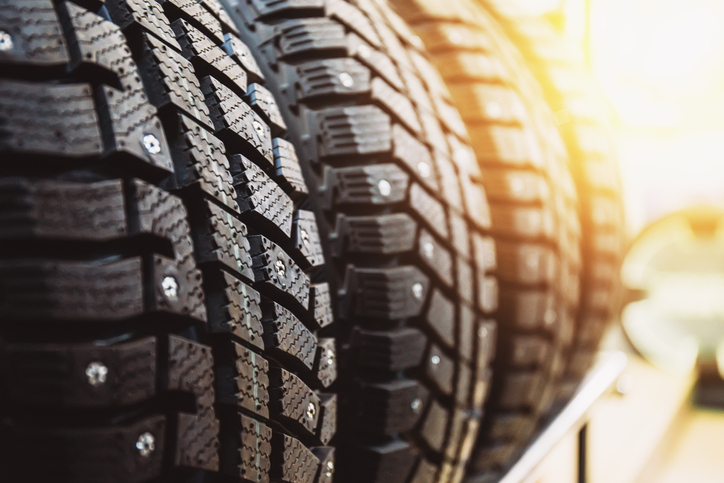Want to Become an Auto Mechanic? Explore the Benefits of Manufacturing Tires with Orange Peel
With environmental awareness on the rise, the auto industry has seen a number of efforts to reduce the impact of the production and operation of vehicles. Manufacturers are discovering ways to make their processes and vehicles more environmentally friendly, implementing more sustainable policies or experimenting with electric and hybrid options for buyers.
Along with vehicles, there have also been efforts to improve the sustainability of tire manufacturing, a practice that consumes high amounts of petroleum and produces a significant amount of pollution. Orange oil, obtained from orange peels, has emerged as a viable supplement to natural rubber, with the potential to make the tire manufacturing process more sustainable. Tire manufacturers like Yokohama and Michelin have been using orange oil in their tires, and we’re likely to see the practice increase.
If you’re entering the automotive industry, discover more about the use of orange peel oil in tires and its benefits.
After Auto Mechanic Training, You’ll See that Regular Tires Require More Oil to Produce
The most significant benefit of using orange peel oil in the manufacturing of tires is that it reduces the amount of petroleum needed for production. Tire manufacturing is a petroleum-intensive process, but when orange oil is infused into the natural rubber of the tires, more than 75% of petroleum is saved. At a time when gas prices are the highest they’ve ever been, using orange oil can potentially save manufacturers plenty of cash.
While the reduced oil consumption seems great, professionals with an auto mechanic certification may be wondering how orange oil can be used to supplement natural rubber in the first place. In fact, orange oil has a molecular structure that’s highly similar to natural rubber, making it one of the more viable materials for use.

Using Orange Oil Reduces Fuel Consumption
Orange oil is not only more sustainable for use in manufacturing, but it can also have an effect on the quality of the tire produced. Orange oil has the potential to create tires with an extremely low rolling resistance. When combined with natural rubber, orange oil will heat up at high speeds, allowing the tires to grip the road better. What’s more, the tires are lighter than most, allowing for a smooth ride.
Once you become an auto mechanic, you’ll also be surprised to find that the inner liner of these tires is more resistant to air escaping, enabling tires to remain inflated for a longer period of time. As under-inflated tires can severely reduce a vehicle’s fuel efficiency, orange oil has the potential to reduce fuel consumption for drivers, while creating a better quality tire.

The Entire Process Is More Sustainable
The reduction of petroleum consumption isn’t the only sustainable thing about using orange oil for tire production. With orange oil, the entire process becomes more sustainable, starting with obtaining the orange oil itself.
Manufacturers like Yokohama are using discarded peels from orange juice manufacturers, creating something useful from the waste. What’s more, orange peels are a renewable resource, making them a sustainable alternative for future use.
As consumers become more interested in high-performance, environmentally-friendly vehicles, we can expect to see some competition in the tire industry to cater to the same consumers with sustainable, durable tires. During your career in the automotive industry, make sure to pay attention to the tire manufacturing industry as it changes to adopt new and sustainable technologies and materials.
Interested in auto mechanic training?
Launch your career with a program at ATC Toronto!


